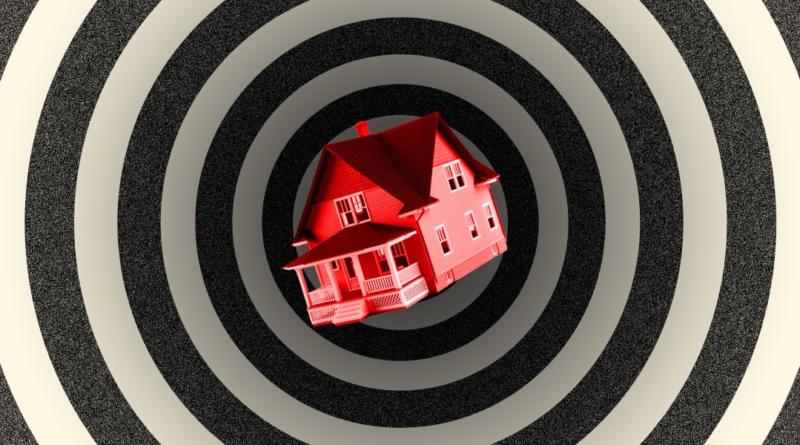The hot metros of the pandemic are crashing back to earth as demand for their homes cools
In a post-pandemic world, the hot metropolitan areas sometimes called “pandemic darlings” are no longer, namely, those in Texas and Florida. Some of their purchase and rental markets changed as demand has cooled—and whether it’s for the better or worse depends on who you are in the housing market.
Earlier this month, an analysis from Redfin found home prices are falling in four major metropolitan areas across the country from a year earlier; three are in Texas. Home prices dropped 2.9% in Austin, and 1.2% in both San Antonio and Fort Worth. But nationally, prices are up.
The Sunbelt is seeing some of the greatest rent declines, too. In Austin, the median asking rent fell 6.6% in April from a year earlier, and 7.2% in May from a year earlier, according to Redfin, as Fortune has previously reported. In Jacksonville, the median asking rent dropped 5.6% in April from a year earlier, and 10.1% in May from the previous year. But again, nationally, rents are up.
More housing, and more extreme weather
A more recent analysis from Redfin found “housing markets in western Florida are cooling faster than anywhere else in the country as natural disasters intensify, new construction soars and the pandemic-era homebuying demand boom fades further into the rearview mirror.”
On a list of 10 housing markets cooling the fastest, six are in Florida while two are in Texas (Dallas and Houston). The ones in Florida are as follows: North Port, Tampa, Cape Coral, Orlando, Jacksonville, and Lakeland.
For the most part, in these metropolitan areas we’re seeing supply outweigh demand, but there are several factors at play such as natural disasters and their increasing severity coupled with insurance woes. Still, a big part of this really comes down to supply and demand. “Measures of homebuying demand and competition are dropping off quickly in Florida, and listings and price drops are surging,” Redfin’s analysis read. In North Port, the Florida market cooling the fastest, the number of homes for sale is up 68% from a year earlier.
“Florida is building more new homes than any other state in the country (aside from Texas, which is also home to two of the nation’s 10 fastest-cooling housing markets), a building boom coming at a time when high prices and mortgage rates are dampening homebuying demand,” Redfin said. “The oversupply of inventory is cooling competition.”
Home prices soared during the pandemic-housing boom—and a mortgage rate shock ensued shortly after once the Federal Reserve raised interest rates to tame inflation, so affordability is an issue, and it’s obvious that it affects demand. So while some markets in Florida and Texas have begun to see declines in rents and home prices, they’re still significantly more costly than they were before the pandemic. “North Port prices are up 60% since 2019, and Tampa prices are up nearly 70%–much bigger than the national increase of about 40%,” the analysis said. At the end of 2019, Austin’s average home value was about $391,000, per Zillow, and despite falling from its peak, its average home value is now almost $549,000. During the same period, San Antonio’s average home price went from close to $193,000 to almost $262,000.
To be clear, not all housing markets in Texas and Florida are cooling down; some are still hot. Still, declines in housing costs aren’t bad for anyone renting or wanting to buy a home to live in. It isn’t great for investors, who once saw these regions are superstars, and in some cases, still might if they believe these drops are a temporary phenomenon.
People moved during the pandemic, and while San Francisco and Los Angeles experienced some of the largest population losses, San Antonio and Austin saw some of the biggest increases, fueling the cities’ reputations as hot metros—added to the fact that it’s much easier to build homes in Texas than California. Texas built more homes than any other state last year, and we’re seeing that play out in pricing. This isn’t a novel idea—housing policy analysts, urban economists, and even real-estate executives have always said building more homes is really the only way to dig ourselves out of the housing crisis.




